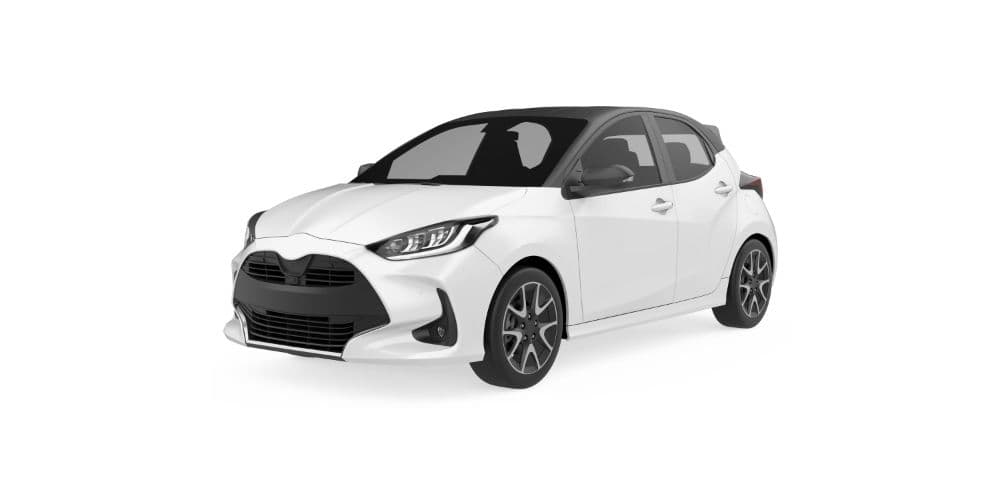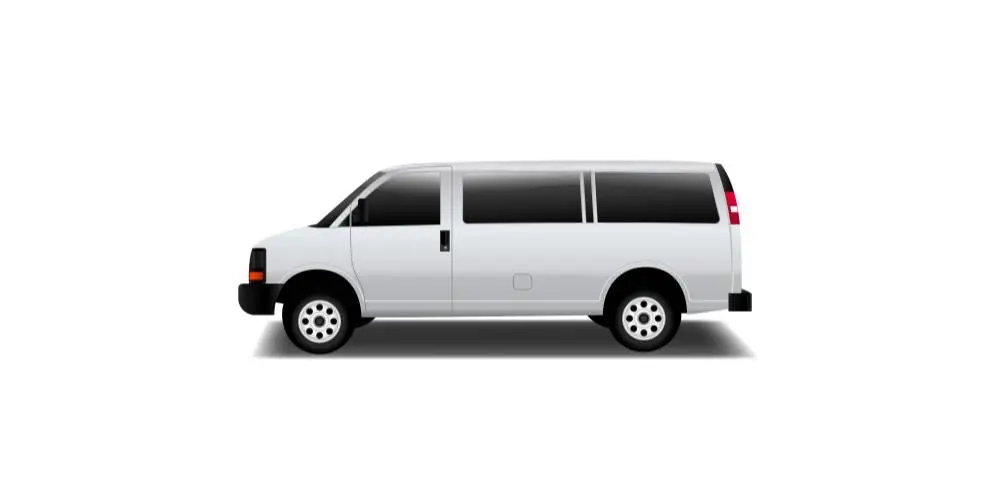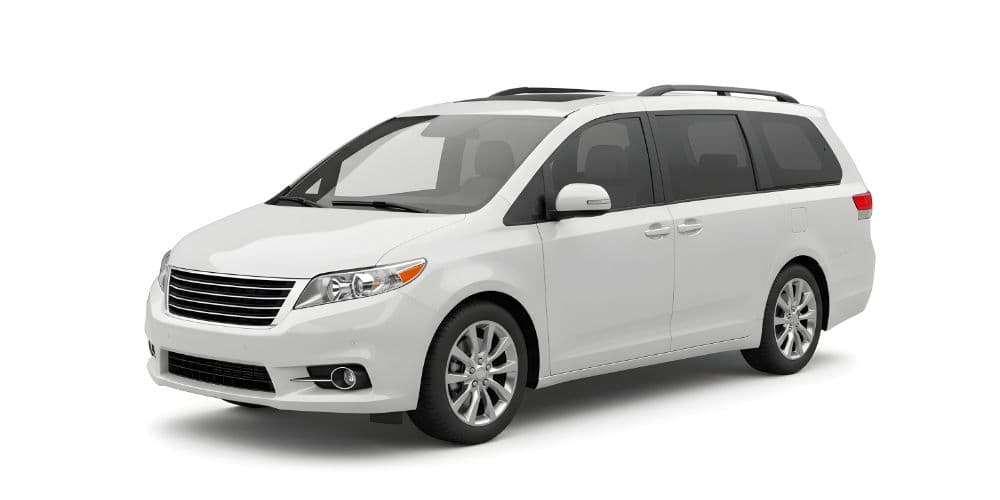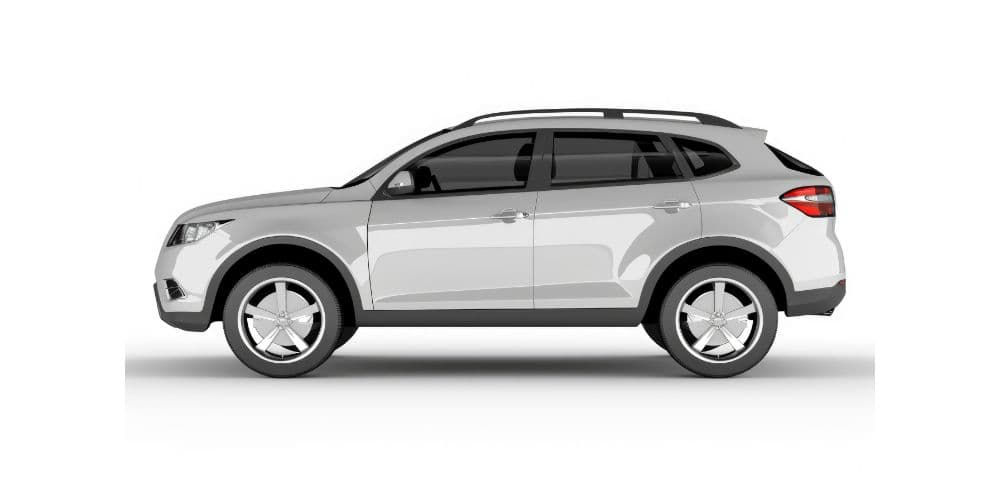
Economy vs Compact Car: Which Rental Is Right for You?
Quick Answer Small Car Showdown
Summary:Economy = smallest & cheapest, best for 1-2 people; Compact = a bit larger & comfier, better for 2-4 people for a slight price bump.
Economy cars are the entry-level, most affordable rentals think extra-small hatchbacks or sedans (e.g., Chevy Spark, Mitsubishi Mirage). They’re ideal if you’re on a tight budget, traveling solo or as a couple, and packing light (one or two bags). Compact cars are just one step up in size (e.g., Toyota Corolla, Nissan Versa) still small and budget-friendly, but usually with an extra bit of legroom, a full back seat for passengers, and trunk space for an additional suitcase. The price difference between economy and compact is often minimal (a few dollars more per day for compact), so consider whether the slight upgrade in space and features is worth it for you. In short: choose an economy car to save money and fuel, or choose a compact car if you want more comfort for a small group without breaking the bank. Both will be easy to park, easy on gas, and are great for city travel.
Economy vs Compact Key Differences
Size, Space, and Features Comparison:
The line between economy and compact is thin they’re more alike than different but a few key distinctions can help you decide:
- Seating & Size: Economy cars are typically 2- or 4-door subcompacts with seating for up to 4 (best for 2 adults plus maybe 2 smaller passengers). Compact cars are generally 4-door sedans or larger hatchbacks that can seat 4 adults more comfortably. Compact class vehicles tend to have a bit more rear legroom and shoulder room.
- Trunk Space: Expect limited luggage capacity in both. An economy car might fit 1 large suitcase (24”) plus a small bag. A compact car often fits 2 medium/large suitcases or one large + two smaller bags. For example, a Nissan Versa (economy) has about 14 cu ft of trunk space, whereas a Toyota Corolla (compact) has ~13 cu ft actually similar! However, many economy models are hatchbacks where you can drop the back seats if needed, whereas compact sedans have fixed trunk space.
- Engine & Fuel Efficiency: Economy cars usually have the smallest engines (3-4 cylinders) great gas mileage, slightly less power. Compacts also emphasize fuel economy, with only a slight dip due to a bit more weight. You might see ~30-40 MPG from an economy vs ~28-38 MPG from a compact virtually a tie in everyday terms. Both classes beat larger cars on gas.
- Features & Comfort: As the cheapest tier, economy models may skip some features e.g., manual windows or limited infotainment in older models, very basic interiors. Compacts, being a step up, often include more amenities (more speakers, possibly cruise control, etc.) and often have more advanced safety features standard (like more airbags or driver assists) simply because the models might be newer or one trim higher. Neither will be luxury, but a compact might feel less bare-bones.
- Examples (Models Vary): Economy examples: Chevrolet Spark, Mitsubishi Mirage, Kia Rio, Ford Ka (Europe). Compact examples: Toyota Corolla, Nissan Sentra, Hyundai Accent, Volkswagen Golf. Note: Some agencies label cars differently e.g., one rental company’s “economy” might be another’s “compact”. Generally, economy = smallest class available; compact = one step up.
- Cost Difference: Typically, economy is the cheapest category on the menu, and compact is next often just a few dollars more per day. If economy cars are sold out, agencies will usually give you a compact for the same price (a free upgrade). If compact is sold out, you might end up in an economy or a mid-size for the compact rate. So pricing isn’t a huge factor it’s more about availability and preference.
(Overall, choose based on how many people and bags you have, and how much comfort you want for a small extra cost. If in doubt, a compact might be the safer bet for slightly more space.)
Note: Models and sizing can overlap e.g., one company’s “economy” might include the Nissan Versa which another lists as “compact”. Use the examples as a general guide. Always check the luggage icon or description in our booking listings which indicates how many bags a category holds.
Browse Economy Car Deals (lowest prices, fuel-savers)
Browse Compact Car Deals (small cars with extra room)
Economy vs Compact Cars
Typical Passengers
- Economy: 2 adults comfortably (4 max, tight for 4)
- Compact: 4 adults comfortably (5 max, tight in back)
Doors
- Economy: 2–4 doors (often 2-door or small 4-door)
- Compact: 4 doors (sedan/hatchback standard)
Trunk Space
- Economy: ~1 large suitcase + 1 small bag (10–12 cu ft)
- Compact: ~2 large suitcases (12–15 cu ft)
Example Models
- Economy: Chevy Spark, Kia Rio, Mitsubishi Mirage
- Compact: Toyota Corolla, Nissan Sentra, Ford Focus
Fuel Economy
- Economy: Excellent (30–40+ MPG)
- Compact: Excellent (28–38 MPG)
Vehicle Length
- Economy: ~150–165 inches (very short, easy parking)
- Compact: ~170–180 inches (still small footprint)
Features
- Economy: Basic (manual adjust, limited tech)
- Compact: More amenities (Bluetooth, more airbags, newer tech)
Rental Cost
- Economy: Lowest category, cheapest daily rate
- Compact: Slightly higher (~$3–5 more/day typically)
Best For
- Economy: Budget travelers, solo/couples, city driving, light luggage
- Compact: Small families or groups of 3–4, road trips with moderate luggage
Our Most Popular Vehicles
Frequently Asked Questions
Yes, compact cars are generally a bit bigger. Economy is typically the smallest class available often subcompact hatchbacks or minis. Compact cars are one category up, usually categorized as small sedans or larger hatchbacks. In practical terms, a compact might be ~1-2 feet longer with a slightly bigger engine and more interior space than an economy. Think of economy as “entry-level small” and compact as “next level up small.” It’s a subtle difference you might not even notice from the outside unless the models are side by side.
Both classes prioritize fuel efficiency, so both will be very good on gas. An economy car, being very small and light, might edge out the compact by a few MPG. For example, a tiny Mitsubishi Mirage (economy) can get around 36 MPG combined, while a Nissan Sentra (compact) maybe around 32 MPG combined. The gap isn’t huge. Your driving style and whether the car is automatic or manual can also affect MPG. Generally, assume excellent fuel economy for both, and don’t base your decision solely on gas it’s more about space needed.
The economy class is usually the cheapest on the rental car list. Compact is typically just one notch and a few bucks above. On many bookings we’ve seen, the compact might be only $1–$3 more per day than the economy. Occasionally, demand can flip it say all economy cars got booked out, the next cheapest is compact, etc. On our site, you’ll often notice economy and compact rates are nearly the same. If price difference is negligible, we usually recommend going with compact for a tad more comfort. But if you’re squeezing every dollar or truly don’t need the space, economy will save you a little.
Economy examples include the Chevrolet Spark, Hyundai i10, Kia Picanto, Toyota Yaris (in some countries). These are very small cars. Compact examples: Toyota Corolla, Honda Civic (sometimes considered compact by rental standards), Ford Focus, Nissan Versa/Sentra. Note that rental agencies use these as “or similar” meaning you could get any car of similar size. Also, sometimes the lines blur: a Toyota Yaris might be listed as economy by one company and compact by another, depending on their fleet. The trend: if it’s a “subcompact” or “hatchback-only” model, it’s economy; if it’s a slightly larger small sedan, it’s compact.
Realistically, no that’s too much for an economy car. Even a compact car will struggle with 4 big suitcases plus 4 people. For 4 adults, a compact is the minimum category we’d suggest and even then, you might need to put one suitcase on a seat or get creative if it’s all large luggage. Economy car would definitely be too tight (both trunk and backseat space). If you have 4 large suitcases, consider moving up to a mid-size or renting two economy cars (if each pair splits luggage). For 2 adults + 2 kids with 2-3 suitcases, a compact could work; economy might only work if some luggage sits in the cabin. Always check the vehicle details we list how many bags each class can typically hold.
Both classes nowadays have modern safety features like airbags, ABS, etc. The difference in safety isn’t about the category itself but the specific model and year. A 2023 economy car can be just as safe as a 2023 compact in crash tests, especially for city driving. However, very tiny cars might feel less stable at highway speeds or in strong winds due to light weight. Compact cars, being a bit heavier and larger, might handle slightly better on highways. Also, compacts might more commonly include advanced safety tech (like lane assist or more airbags) since many economy models are entry-level trims. But overall, safety isn’t a major differentiator between these two classes drive either prudently, and you’ll be fine.
Yes, that’s quite possible. Rental companies have a fleet and if they run out of economy cars when you arrive, they will usually give you the next class up (compact) at no extra charge. This happens not infrequently economy is a small portion of fleet and is popular for the price, so it can get overbooked. Think of booking economy as “at least economy or better.” Conversely, if you book a compact and they only have economy available, they should refund the difference, but typically they try to avoid downgrades. On our platform, you pay for what you get if an upgrade happens at counter, good for you. But plan as though you’ll get what you booked.
Unfortunately, the underage driver fee is usually a flat fee regardless of car size for most major companies. Renting an economy car won’t reduce that surcharge you’ll pay the same under-25 daily fee if you rent a compact, intermediate, etc., as long as it’s not a specialty or luxury car. The good news: since economy and compact are cheap base rates, your total will still be relatively low. Some agencies in some locations do restrict under-25s from higher categories, but economy and compact are always allowed. If budget is a concern (and it usually is when you’re under 25), economy might suffice but if you have friends with you, the few dollars more for compact may be worth avoiding claustrophobia, since the underage fee you can’t escape either way.



